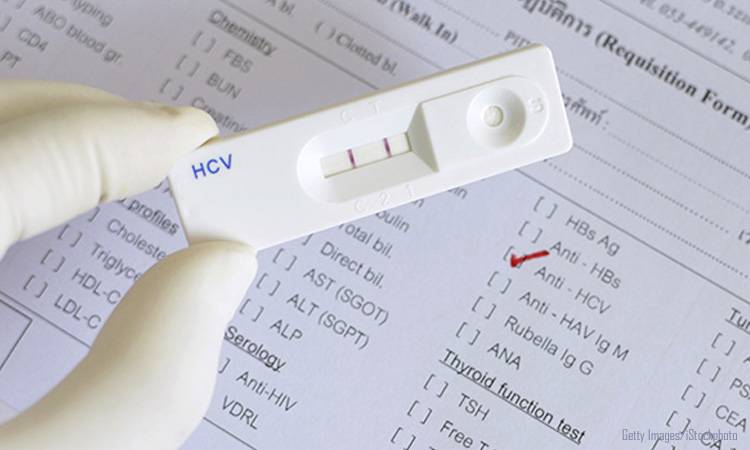
ISLAMABAD: President Dr Arif Alvi has asked all stakeholders to raise awareness about the importance of early hepatitis detection and invited all partners and supporters to work together to eliminate the disease in Pakistan.
According to predictions from 2021, one in thirteen Pakistani adults had hepatitis C positive. In a statement on the occasion of World Hepatitis Day, commemorated on July 28, he stated that around 9,775,000 individuals living with hepatitis C and approximately 27,000 perished each year owing to its complications.
The president stated that hepatitis C is a silent killer illness in which infected individuals continue to carry the virus.
According to one estimate, 86 per cent of individuals in Pakistan were unaware of the infection and its repercussions, putting their families at risk, he noted.
If no action is taken, the number of HCV infections will increase from 9 million to 10.5 million by 2030, and mortality from this disease will rise from 27,000 to 31,000.
He stated that World Hepatitis Day is celebrated annually to promote awareness of viral hepatitis and its numerous kinds, such as hepatitis B and C viruses, which are the leading causes of illness and mortality worldwide.
According to the World Health Organization (WHO), one person dies every 30 seconds from a hepatitis-related sickness. In the Eastern Mediterranean Region (EMR), Egypt and Pakistan accounted for 80 per cent of the hepatitis C disease burden.
"Following the World Hepatitis Day 2022 theme 'I can't wait,' we must raise awareness about the significance of early diagnosis and treatment to save lives," the president said.
He stressed that those who were infected had to be tested immediately, and those who were afflicted had to be treated before it was too late.
Fortunately, added the president, direct-acting antiviral (DAA) drugs could treat HCV infection in adults within 12 weeks, and Pakistan produced these drugs at highly reasonable prices.
The cure rate of these medications is 97 to 98 per cent, which is comparable to the global average. "Therefore, the eradication of Hepatitis C is a low-hanging fruit that is not only conceivable but also practical for Pakistan," he continued.
In addition, the president stated that investments in HCV treatment and prevention over the next ten years might considerably reduce the incidence of HCV-related cancer, mortality, and morbidity in Pakistan, with results being apparent within the next five years.
"Risk factors for disease must be addressed immediately by providing safe blood transfusions, assuring the use of auto-disable syringes in healthcare settings, prohibiting the reuse of syringes, and establishing stringent infection control policies in all healthcare settings," he added.


